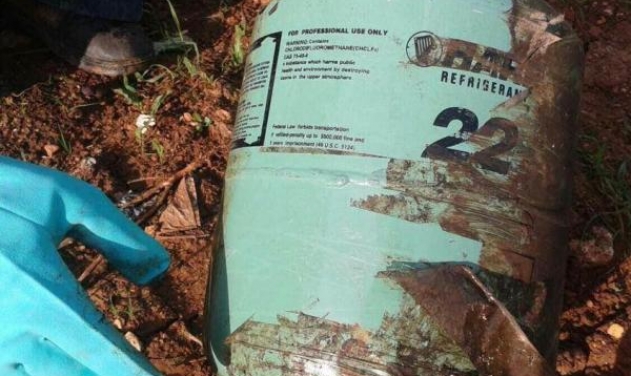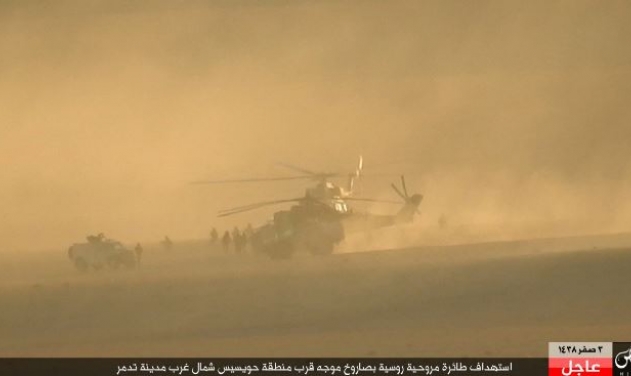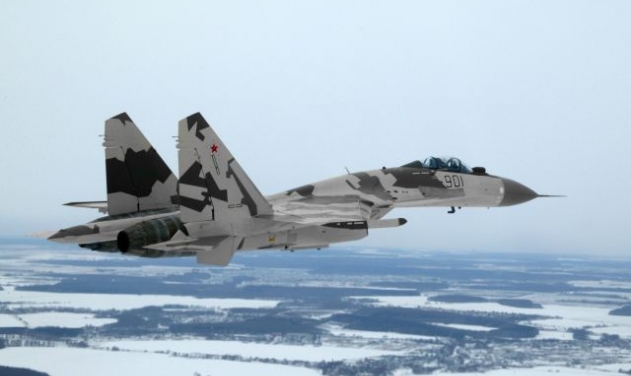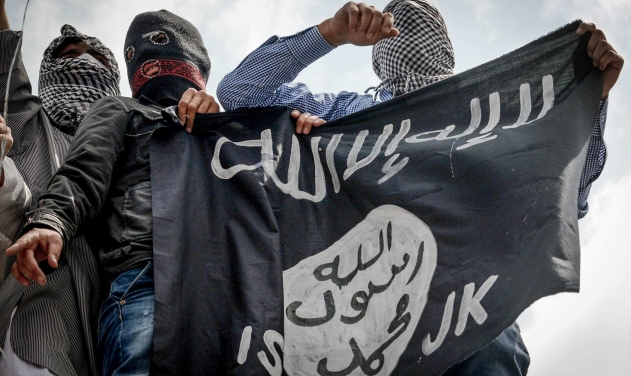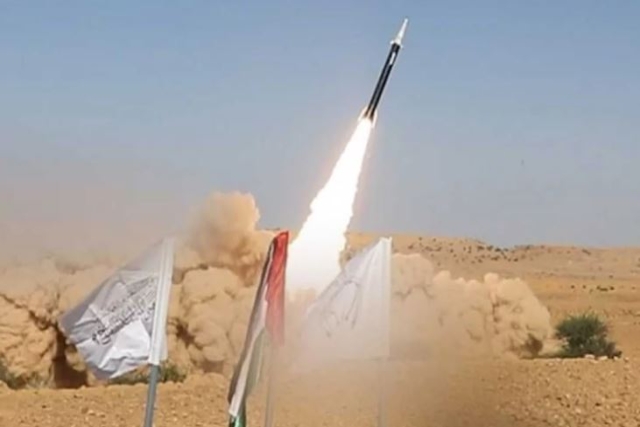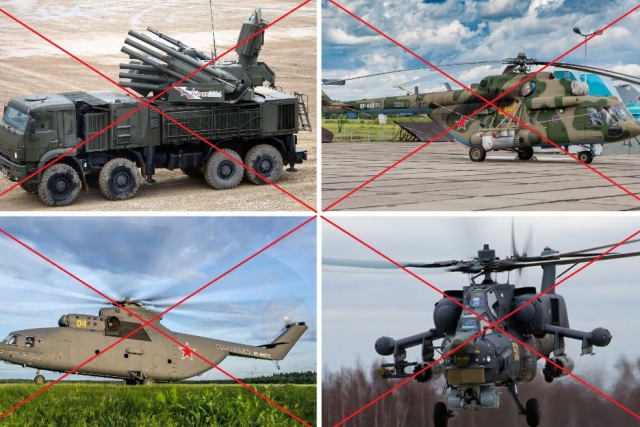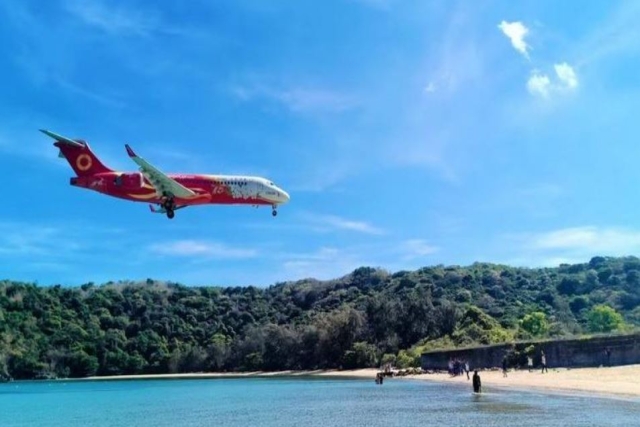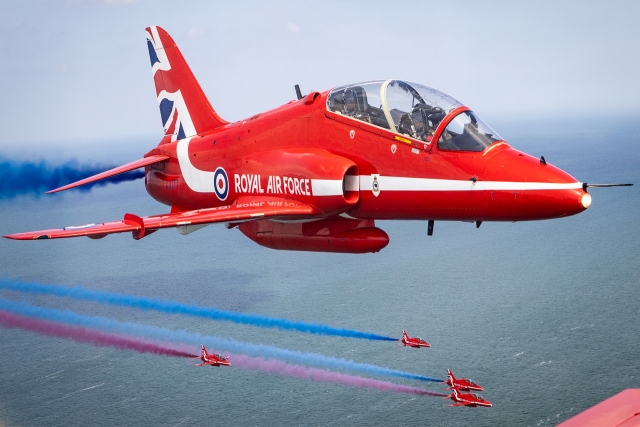Islamic State Adopts Practices Similar To National Military Forces To Manufacture Weapons
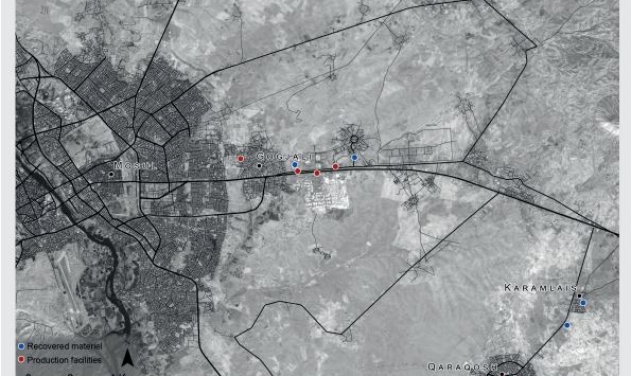
Islamic State forces have adopted similar practices to national military forces to manufacture improvised weapons including cast mortar round casings, rocket components, explosives and propellants.
According to a report by London-based Conflict Armament Research (CAR) investigation carried out between 11 and 16 November 2016 documenting six weapon manufacturing facilities operated by IS forces, IS forces operate a ‘Central Organisation for Standardisation and Quality Control’ (COSQC), which falls under the authority of the group’s ‘Soldiers’ Bureau, Committee for Military Development and Production.’ The COSQC issues specific guidelines on weapon production parameters and controls manufacturing quality.
The facilities located in the Gogjali and Qaraqosh districts, which lie to the east of Mosul were investigated.
They range in size from relatively large (circa 10,000 m2 ) foundries used to produce mortar round casings, to small (circa 30 m2 ) workshops used to machine rocket components and prepare explosives. Although these facilities are numerous and dispersed, CAR’s detailed measurement of weapons produced on site, combined with production specifications and quality management documents recovered by CAR, indicate that IS forces manufacture to predefined standards. These standards ensure that all produced weapons operate similarly—in the same way that a national army would ensure weapon and ammunition interoperability across its forces, the report stated.
IS forces adopt similar practices to national military forces, which distinguish the group from other groups that manufacture improvised weapons on an ad hoc basis. The production of factory grade packaging is one example, whereby the group has constructed palletised wooden boxes for the long-term storage, and long-range transport, of rockets and mortar rounds.
IS forces operate a wide range of specialised manufacturing plants. Although these facilities may be distant from one another, they are centrally coordinated, produce to pre-defined standards, and manufacture separate stages of weapon production.
Within a six-day period, CAR investigators documented more than 5,000 rockets and mortar rounds in various stages of production. CAR also documented more than 500 finished mortar rounds, which Iraqi forces had recovered on the battlefield. These findings suggest that overall production by IS forces in the months leading up to the Mosul offensive runs into the tens of thousands
Labels affixed to the mortar rounds produced by IS forces, and documented by CAR in the eastern Mosul sector in early November 2016, show that most were manufactured in October 2016, when Iraqi and Peshmerga forces had already begun the battle to liberate Mosul. These findings indicate very rapid supply to IS forces, and reinforce CAR’s assertions that the total number of rockets and mortars produced must run into the tens of thousands.
CAR documented other components that, while procured from the same source by IS forces, had been procured on different dates, in large quantities, and over a long period of time. This indicates that IS forces have a robust supply chain, whereby the group can repeatedly procure chemicals from the same supplier—almost exclusively from the Turkish domestic market.
CAR documented large quantities of chemical precursors used by IS forces in the production of rocket propellant. Many of these precursors are either manufactured by the same factory, or supplied by the same distributor. IS forces procured them in bulk and sometimes at the same time. Such bulk buying from single sources is likely to be highly visible in commercial sales records.
IS forces source most of the products used in the manufacture of weapons and ammunition from the Turkish domestic market. CAR’s findings continuously reinforce evidence that the group operates a major acquisition network in Turkey and has a direct line of supply from Turkey, through Syria, to the Mosul area.
